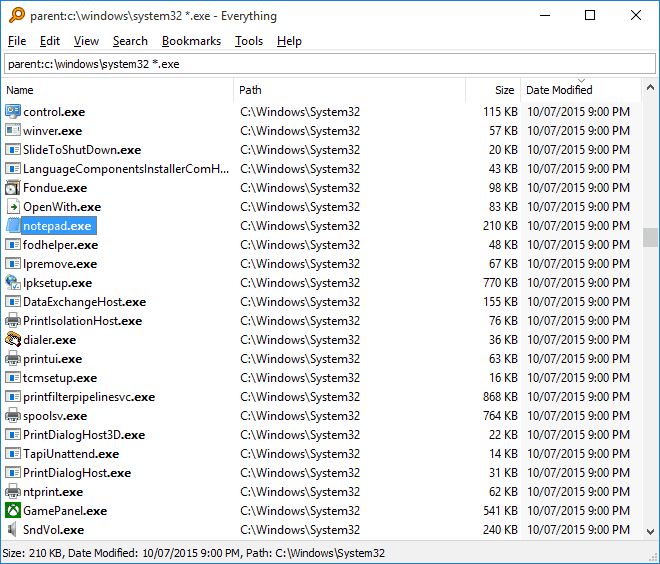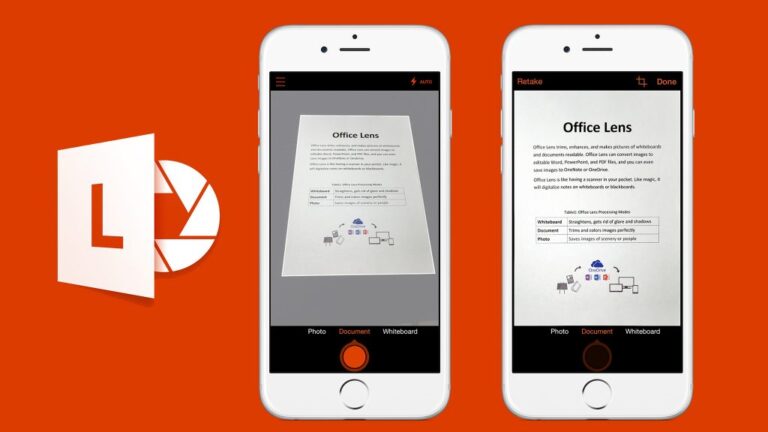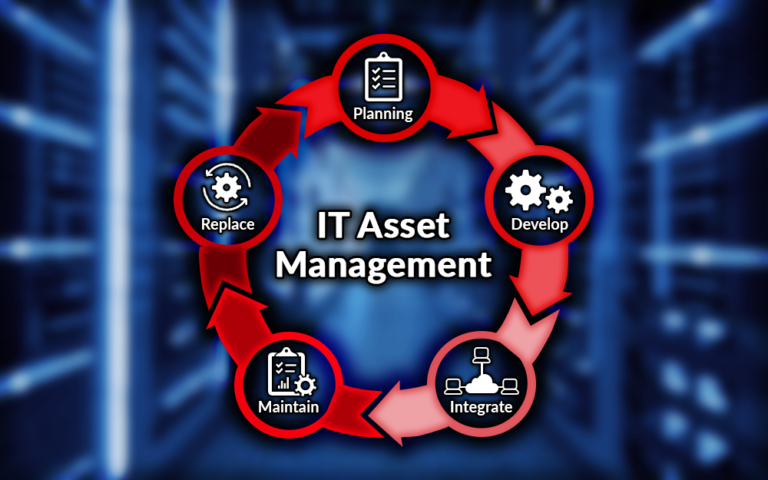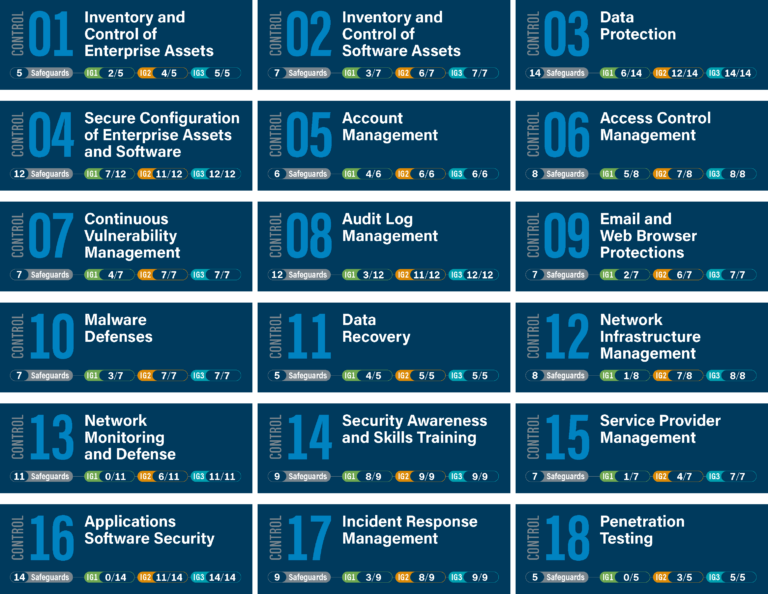Accounting firms hold some of the most sensitive financial data out there, making them prime targets for cyber threats. According to PwC, accounting and financial firms are 30% more likely to be the victim of a cyberattack than other companies. And the risk can be even greater for small firms, who get targeted due to their frequently inadequate defenses.
So what can you to protect your firm? Here’s a quick rundown of the basics your firm needs to protect yourself from a data breach scenario.
First off, make sure you have a solid backup & disaster recovery (BDR) plan. Automate daily backups and store them securely, both on-site and in the cloud. This ensures that even if disaster strikes, your data is safe and can be quickly restored. Make sure that they are monitored regularly to verify that they are running on schedule.
Next, fortify your defenses with cybersecurity basics. Firewalls, antivirus software, and strong passwords are essential. Multi-factor authentication (MFA) adds an extra layer of security, making it much harder for unauthorized users to gain access to your sensitive financial data. In fact, MFA can make you 99% less likely to be hacked.
When it comes to sharing files, don’t rely on unsecured methods like regular email. Instead, use encrypted email and file-sharing services that keep your data safe from prying eyes. Also, control who has access to what information within your firm. Not everyone needs to see everything, so set up role-based access and remove permissions when employees leave.
Finally, prepare for the worst with a disaster recovery plan (DRP). This isn’t just about backups; it’s about having a clear, actionable plan to get your firm back up and running quickly if something goes wrong. Regularly check and update your IT system, train your team on cybersecurity best practices, and consider investing in cyber insurance for added peace of mind.
If you don’t have in-house staff that is qualified, work with an outsourced IT professional that can provide you with objective and expert consultation on how best to protect your organization. They can help you focus on these key areas to protect your accounting firm from data loss and cyber threats, letting you focus on what you do best—serving your clients.
If you have any questions about what your firm can do to protect your critical financial data, please get in touch and I’d be happy to help. Stay safe out there!
Michael




